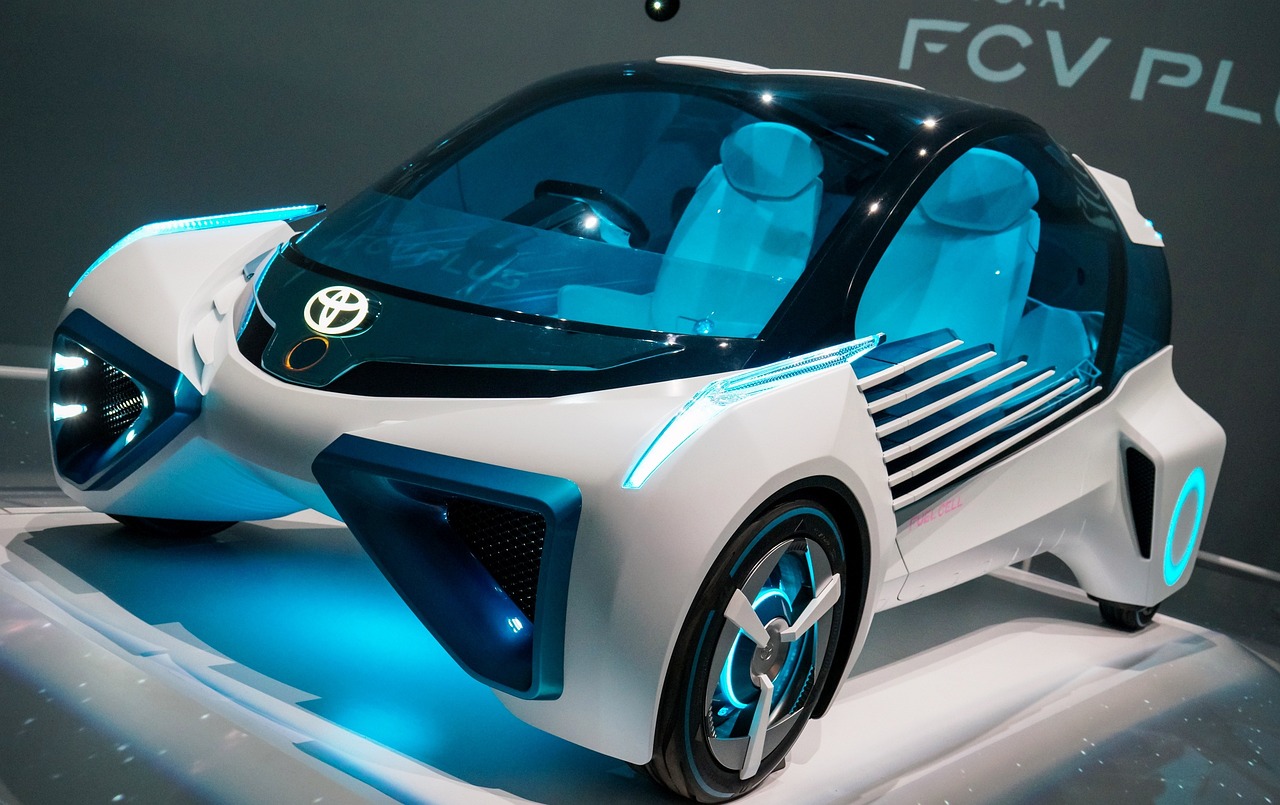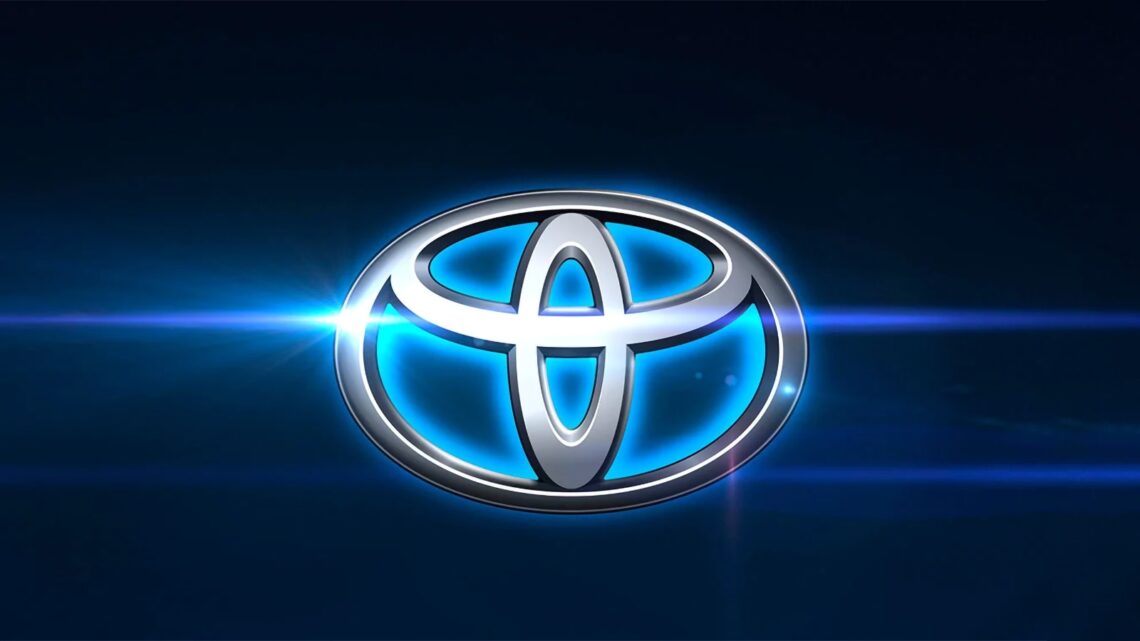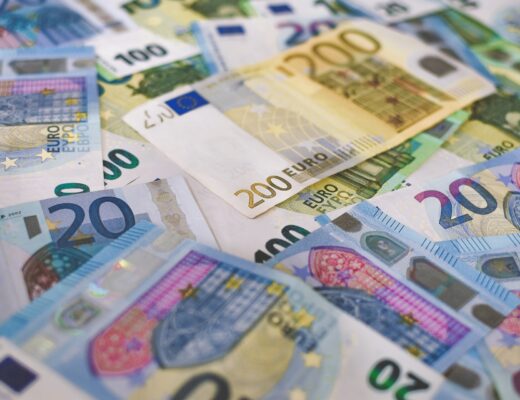Mitsubishi and Sumitomo Mitsui sell off their Toyota shares: reasons
Mitsubishi and Sumitomo Mitsui have decided to sell their shares in Toyota. The companies plan to sell securities worth a total of US$8.5 billion.
In May 2024, the group announced the start of the buyback process. The carmaker plans to spend 1 trillion yen on buying back its shares. This figure represents 3% of the total volume of securities and exceeds previous buyback volumes.
Local giants’ sale of the carmaker’s shares could be an essential signal for the market. Japanese authorities have repeatedly criticised cross-shareholdings. However, it has long been a way of maintaining inter-company relations for local companies. As a result, they have not been in a hurry to get rid of each other’s shares. In this context, Toyota’s share buyback is a significant event for the corporate world. Its size indicates a change and the declining importance of equity as a corporate tool. It also weakens the cross-ownership system, which is beginning to wear out.
According to Bloomberg data:
1. Mitsubishi controls Toyota securities worth 700 billion yen.
2. About 620 billion yen is Sumitomo Mitsui’s stake.
3. The companies will sell the securities in instalments over several years.
This will reduce their holdings to a minimum or eliminate them.
It is worth noting that the increase in the value of the securities was the impetus for the sale of the car companies’ shares. In 2024, the growth was around 26%, an excellent indicator for the business.
Characteristics of the strategy
Toyota is one of the few carmakers that did not rush into electrification. Although this approach has been controversial among experts, the company’s strategy has paid off.
The carmaker has focused on hybrids while continuing to produce electric models with combustion engines. Last year, the market for electric cars declined while sales of hybrids increased. Thanks to the hype, the company’s sales have risen.
The group is also working on new types of cars. It has introduced carbon-neutral engines that can run on different types of fuel.
Thanks to this approach, the company achieved the following results in the fiscal year 2024:
1. Operating profit exceeded 5 trillion yen. This was the highest of any Japanese company.
2. The company produced and sold more than 11 million cars in just one year. This indicator became a record and allowed it to surpass the world leader, Volkswagen.
This speaks to strengthening the company’s position in the local and global markets. The share buy-back will further strengthen the company by reducing its dependence on investors.










